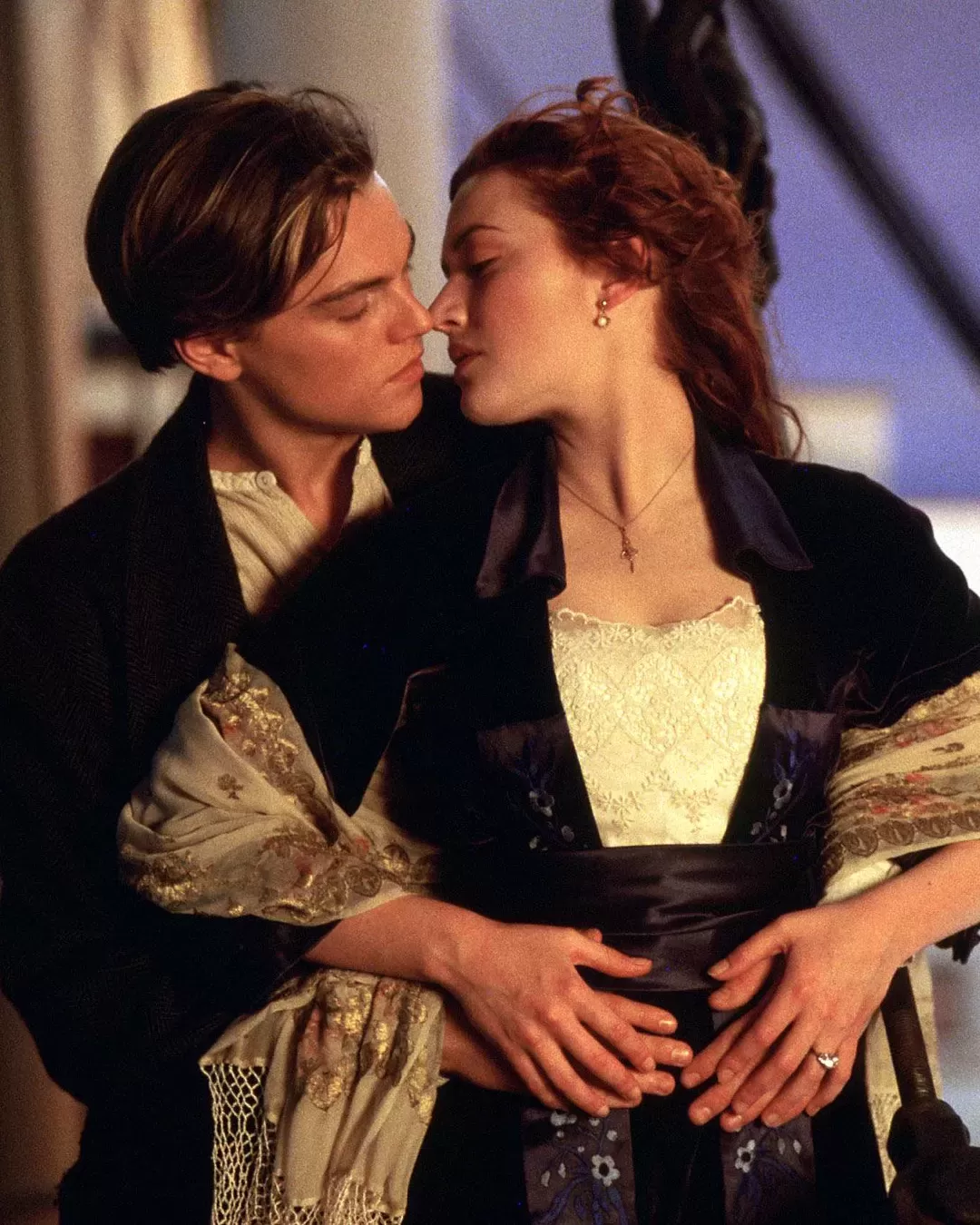
What are fake trailers for? The Youtube phenomenon that's profitable for everyone
On YouTube, the practice of publishing fake trailers is spreading—although not official, they manage to convincingly imitate real ones. The phenomenon, which started independently, has evolved to the point where these types of content now receive millions of views, reaching a very wide audience, even if not always fully aware. Initially, these were amateur edits made by cinema enthusiasts, often intended to entertain fans or imagine possible sequels to well-known films. These videos combined clips taken from existing movies with short footage shot with limited means, usually accompanied by catchy typography and other elements that made them relatively effective. The preview image itself was almost always designed to grab attention. In most cases, only a careful reading of the description revealed that it was a fan-made video. A notable example dates back more than ten years, when the Australian content creator known as VJ4rawr2 published a fake trailer for an unlikely Titanic 2. Despite being clearly fake, the video got nearly seven million views, demonstrating the great interest that well-made unofficial content can generate.
Over the years, the quality of fake trailers has increased considerably, also thanks to the spread and growing accessibility of artificial intelligence software. As Il Foglio writes, today many of these videos are shared under the term “concept trailer” and are produced by actual teams capable of creating visually sophisticated and believable content. «It's no longer a job for amateur tinkerers, like those who – in 2005 – had fun stealing images from various movies to turn them into trailers for ‘Brokeback Mountain’» writes Il Foglio. Channels like Screen Culture and KH Studio, which have millions of subscribers, have specialized in this format. Their videos are often built from previously seen scenes in earlier chapters of a saga, integrated with artificially generated images and details taken from real or rumored leaks. The goal is not so much to deliberately deceive users as to capture the growing interest in highly anticipated titles, fueling the hype and gaining hundreds of thousands of views. One example is the unofficial trailer for Avengers: Doomsday, a Marvel Universe film slated for 2026, though no official trailer exists yet. That video, although clearly fake (noticeable from poor audio-video sync and color inconsistencies, among other things), has already surpassed three million views. Similar content exists for other highly anticipated films like Spider-Man 4 and Fantastic Four – Origins, or for popular series like The Last of Us 3 and the final season of Squid Game.
Fake trailers have now become a real source of income for those who create them. Channels producing this type of content manage to earn significant revenue through the YouTube advertising program, which among other things pays based on the number of views. The profits are such that film production companies have, on several occasions, tried to claim part of the revenue generated by fake trailers. This is the case, for example, of Warner Bros. Discovery, which allegedly claimed a share of the earnings from Screen Culture for the unofficial trailers of Superman and House of the Dragon. Sony Pictures also reportedly demanded a slice of the revenue from fake trailers of Spider-Man and Kraven – The Hunter, and Paramount did the same for Gladiator 2. But according to a recent investigation by the U.S. magazine Deadline, the major film studios are not only benefiting economically from this phenomenon. Instead of consistently contesting the use of copyrighted material, some production companies reportedly choose to tolerate its use, since the attention generated by these videos often translates into free publicity. More broadly, as Deadline writes, trailers (the real ones) have recently become «an increasingly important part of the movie marketing machine, with studios boasting record view counts in the hope that it translates into ticket or subscription sales.» At the same time, the phenomenon also highlights how user-generated content is playing an increasingly central role in the promotion—intentional or not—of a successful film or TV series. And the entertainment industry is taking notice.














































